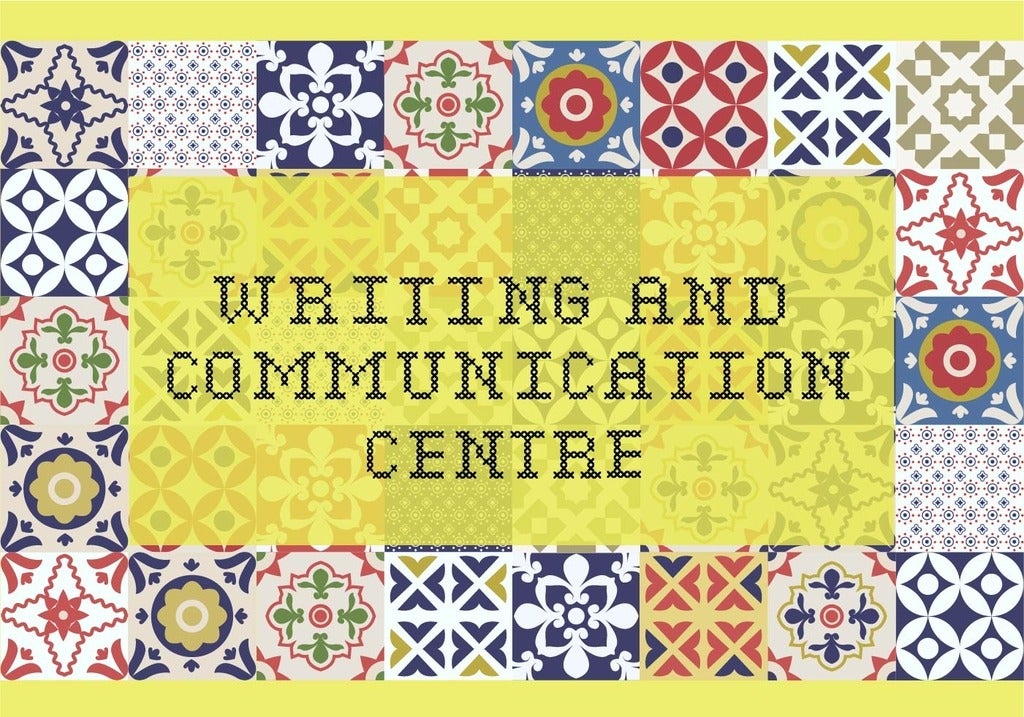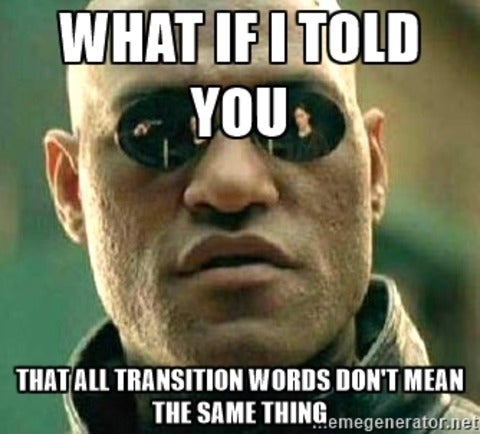Tips and tricks on how-to write a professional email
Ever email your professor or employer and click the send button, only to realize seconds later it was littered with typos and grammar mistakes?
The art of professional email writing can be challenging if you’re not too sure where to start. Learning the dos and don’ts of what to include will not only steer you in the right direction but help you develop your professional persona. Having a professional voice in writing and in speech is important because it establishes how you want to be perceived. There are so many ways you can let your professional side shine, and emails are one of them.









